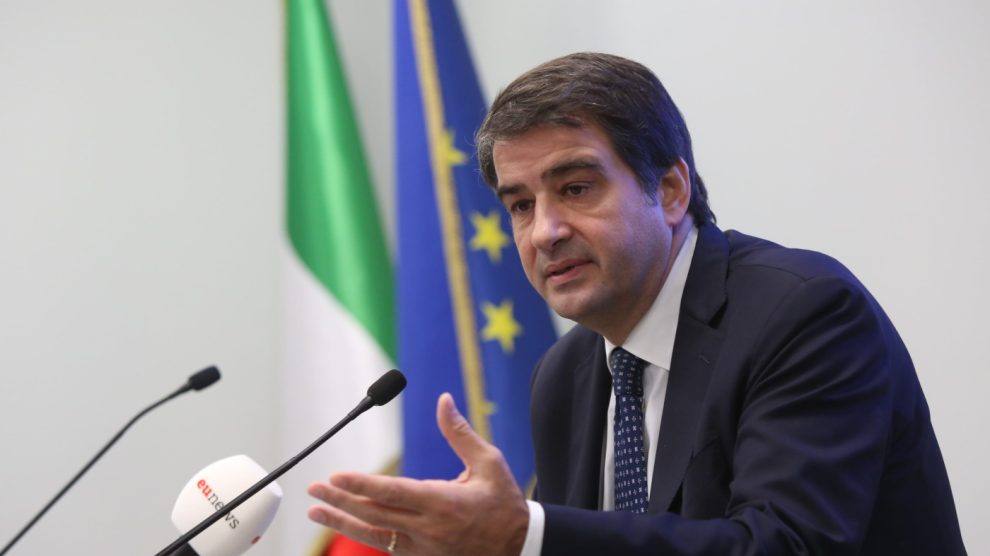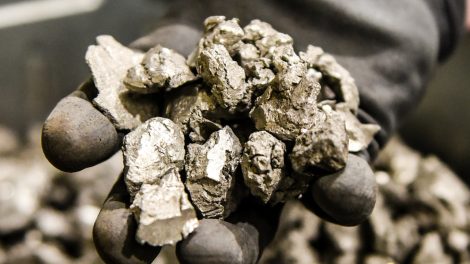Europe’s response to the IRA is still far off, but member States are about to discuss it at the upcoming European Council – which will feature all of the EU’s leaders – in Brussels. Talks have emphasised the need to match the United States’ massive cleantech subsidy package to preserve the bloc’s industrial attractiveness. However, countries diverge on how to do it.
The free-for-all front… A few countries – namely France and Germany – are pushing to relax State aid rules. Their economy ministers just returned from a solo trip to Washington to discuss the IRA. That didn’t yield significant developments (the two went to protest and returned empty-handed) but consolidated suspicions from the other 25 EU States that Paris and Berlin are posturing for their own benefit.
- As they are more fiscally capable and less debt-burdened than other States, France and Germany look forward to infusing their national industries with cash. They accounted for nearly 80% of all the EU’s approved subsidies since the bloc loosened restrictions to cope with the fallout of the Russian invasion of Ukraine.
… and the problem with that. Speaking before the Italian Parliament, the Minister of European Affairs Raffaele Fitto pointed out this approach would break the EU’s internal market “and risk not giving a unified response to the US, as well as creating disparities between countries – because those with greater fiscal capacity will be able to intervene more effectively than others.”
- Minister Fitto’s line reflects that of the vast majority of EU member States, along with industry confederations such as BusinessEurope. Those believe it would be best to grant the bloc equal access to subsidies while avoiding a subsidy war with the US, which would benefit none.
Towards a realistic solution. Some countries (and the Commission) want to set up a so-called Sovereignty Fund to be financed by issuing shared debt, although more fiscally-conservative States reject that idea and instead insist on tapping the EU’s unspent resources. Italy’s solution, as detailed by Minister Fitto, is dual.
- In the short term, more flexibility in the use of existing resources, including the post-pandemic Recovery and Resilience Fund, to quickly ensure that European competitiveness remains solid.
- In the long term, a structural rethink of the EU’s continental industrial policy – which must go from reactive and sparse, as it is today, to proactive, united, and straightforward, to provide investors with trust.
The Urso-Breton entente. When he met with the Italian Business Minister in Stockholm, the EU’s Internal Market Commissioner fully embraced Rome’s strategy to improve the bloc’s industrial policy to tackle exogenous threats – which, as noted by Commission President Ursula von der Leyen, must focus on de-risking from China rather than entering a subsidy war with the US.
- “We need clarity of objectives and a common decision to avoid pitting European companies against each other and guarantee Europe’s strategic autonomy, not only in energy production in the ecological transition phase but also in other strategic sectors such as digital, pharma, food and aerospace,” noted Minister Adolfo Urso after the meeting.
- He also expressed his support for Commissioner Breton’s line on State aid, flexibility in the use of EU resources and a financial architecture capable of going beyond the here and now.





